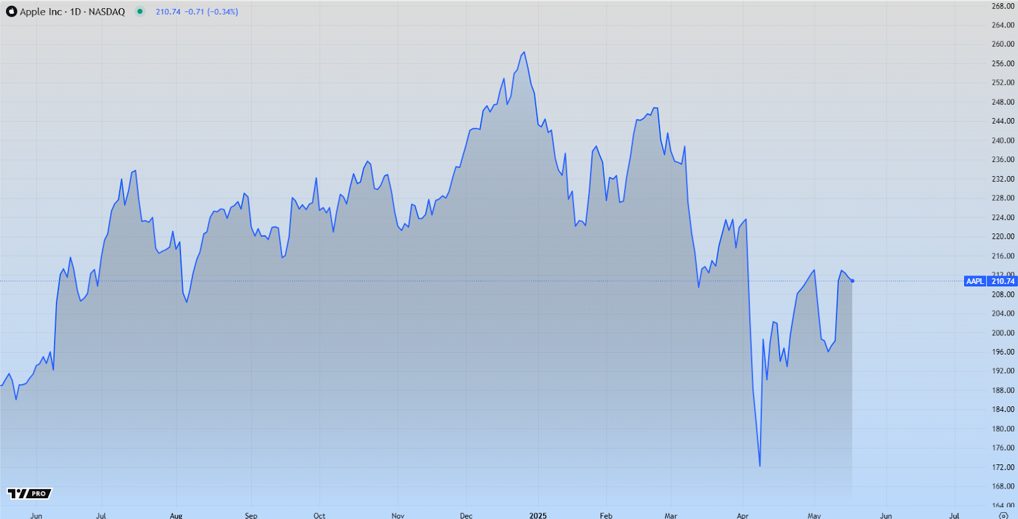Ten years ago, the idea of mobile gaming was just emerging. Along with the launch of app stores for Apple and Android devices, boosted mobile networks were helping pave the way for mobile gaming. But by 2020, the industry was prepared to take off.
A variety of factors helped boost the accessibility and viability of the mobile industry. First and foremost, the added 5G network capability opened up the possibility of lag-free gaming. Second, a variety of Android developers released gaming-centric smartphones with boosted features. Third, these smartphones weren’t cost-prohibitive, allowing just about everyone to get in on the action.
Toss in a massive influx of mobile games great and small and the industry’s future was paved in gold. Since the 2020 rise, mobile gaming trends have flatlined slightly. Still, it remains the most lucrative corner in the gaming industry. Last year, mobile games accounted for almost half of all global gaming revenue.
But is mobile gaming right for you? And is it worth purchasing a smartphone that’s geared specifically toward pocket-sized gaming? Let’s take a closer look.

A Question of Game Type
One of the easiest ways to determine whether or not you need a gaming-centric smartphone is to look at the types of games you play. The bulk of mobile game activity is focused on casual games. If you’re a casual gamer, then a solid smartphone will let you play your favorite titles—no added RAM or screen size needed.
For example, casino games are one of the most popular categories in mobile games. When it comes to enjoying a gaming session, a roulette player simply needs access to their preferred virtual platform and a digital wheel to spin. Given global brands like PokerStars Casino have spent a lot of time and effort to create a functional and satisfying mobile app, you can use any smartphone to play roulette and more.
The same is true for casual puzzle games, from match-three hits like Candy Crush Saga to word puzzles like Wordle. These types of casual games are designed for straightforward gaming sessions and accessibility, meaning they won’t place an undue strain on your smartphone.
But that’s not the case for other types of games, including competitive MOBAs, FPSs, digital card games, and battle royales. Because they involve global player pools and live strategy, the average smartphone will struggle to perform. Players are likely to experience lag, overheating, drained batteries, and more. If you want to compete in hits like PUBG: Mobile and Arena of Valor, then you need a gaming-first phone.

Gaming-Centric Devices
There are dozens of quality options on the market in terms of gaming phones. Whether you want to invest in an ASUS ROG or a more general Samsung Galaxy device, you need to zero in on the most important gaming features to make sure they meet your needs. Keep a look out for the features listed below.
- Display: The larger the screen size, the better the gaming experience. But keep a look out for things like LED lighting, brightness, and frames per second. 120hz is considered the very best in the industry in terms of refresh rate.
- Latency: Latency is the amount of time it takes for a mobile device to connect to the server. Competitive mobile gaming requires a very low latency to prevent lag—but this usually comes down to your mobile network, not the device itself. 5G capability is the way to go.
- RAM/storage: RAM is your mobile device’s memory power. The better your RAM, the better your phone will run, and the more storage you have available to use. The norm is usually 6GB of RAM, but you might want to fork over a bit more for 16GB of RAM if you want to game competitively.
- Battery: The stronger the battery, the longer you can game without plugging in your smartphone. But keep in mind that many mobile gamers rely on battery packs and even mobile fans to keep their phone charged for longer gaming stints.
- Ergonomics: If you’re going to game for hours, then you need a comfortable smartphone. Given the growing emphasis on gaming-centric phones, some hardware now includes ergonomic game controls and buttons on the actual smartphone.




